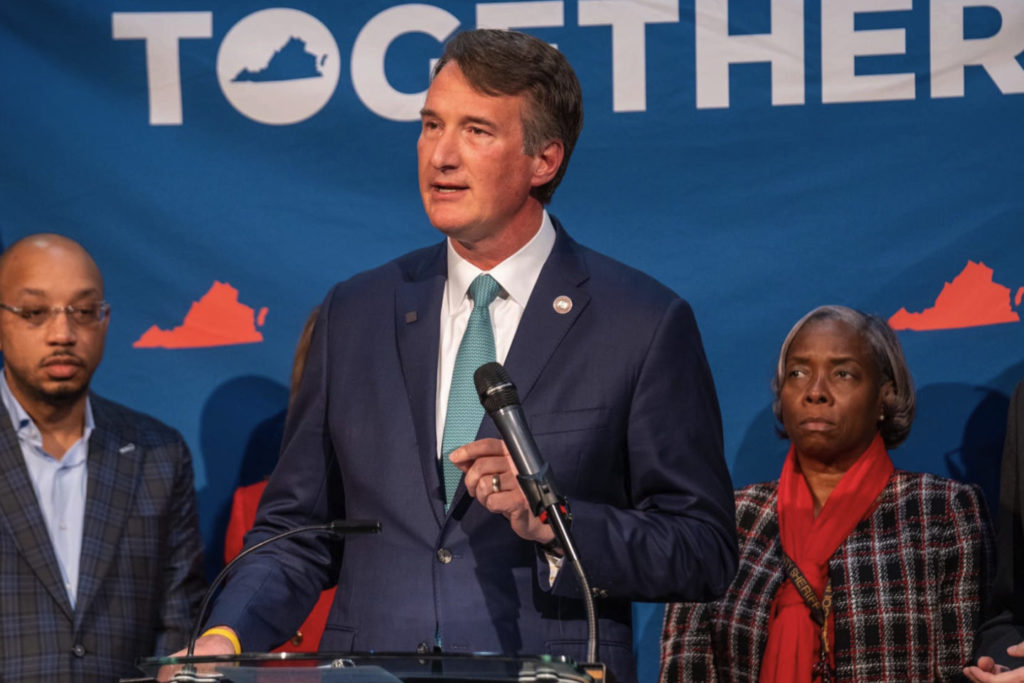The conservative education revolution that David Brooks is missing
A bottom-up revolution is suddenly changing education and our country forever – this time for the better.
It’s too bad that some are missing out on the story.
In his latest piece for the New…

A bottom-up revolution is suddenly changing education and our country forever – this time for the better.
It’s too bad that some are missing out on the story.
In his latest piece for the New York Times, David Brooks complains that the country is missing out on the ripe conditions for education reform, inspired by the disruptions and problems caused by COVID-19.
“You would think efforts by governors and mayors to address these problems would be leading newscasts and emblazoned across magazine covers on a weekly basis,” writes Brooks. “But this is not happening.”
In fact, an education revolution is happening in America, but maybe not the one for which Brooks and the New York Times pine.
It’s a revolution led by parents and governors and legislators, who feel the traditional education establishment is pushing policies that perversely put educating kids last, substitute process for results, and remain slavishly wedded to union special interests rooted in the politics of the last century.
And while Brooks is right to say newscasts and magazines aren’t covering the education revolution, at least in the mainstream, that doesn’t mean an education revolution isn’t underway.
Take Arkansas for example.
Shortly after her inauguration this year, Arkansas Gov. Sarah Huckabee Sanders proposed to raise teacher pay from $36,000 per year to $50,000, which would take the state from 48th to 4th in the nation in teacher pay. Her plan also includes teacher performance bonuses of up to $10,000.
No union has done as much for teacher pay.
But that’s not all.
Sanders has also tied student loan forgiveness to teaching in the state, offering up to $6,000 in loan repayment by the state.
But the reforms don’t stop there, either.
The governor’s plan would also allow Arkansas parents to use state education funds to attend the school of their choice, whether that school is a private school, a public school, a homeschool or some hybrid.
In return, the state has mandated literacy for third grade students.
Imagine that: an education system that mandates learning, rather than social justice outcomes or a progressive political check list.
It’s revolutionary.
Why? Because voters, who are overwhelmingly supportive of the concept of school choice, have suddenly demanded it as an alternative to the failing public school system, which seems to make no one happy, including the unelected bureaucrats who have mismanaged it.
Polls show that voters are demanding their legislatures create more alternatives to the one-size-fits-all public education system, stuck in the permanent process of failure for over 50 years.
The demand is also creating election victories for those who would embrace it.
Ever since Glenn Youngkin’s 2021 gubernatorial victory in once-reliably-Democrat Virginia, a victory that was secured by making education reform the hallmark of his campaign, the floodgates have opened.
All over the country, local candidates – as opposed to federal ones – campaigned on school reform, especially expanding choices for parents in educating their kids.
And they won.
The moment, in other words, had met the movement, which is exactly how other revolutions have started.
The spotlight of the COVID-19 crisis made the failures of the public education system so glaring, the weakness of the political structures that protect it so obvious and the impetus to institute change so strong that change came not incrementally, but as a watershed.
That’s why Arkansas is just the latest state to move on education reform.
At least 12 other states – Idaho, Iowa, Kansas, Missouri, Nebraska, North Dakota, Oklahoma, South Carolina, Texas, Utah, and Virginia – have instituted school choice measures just this year, some fueled by election victories.
Those election victories were enabled in part by an outdated education system that’s been more interested in political agendas, including teaching identity politics, than it is in educating kids.
Parents have had enough.
It’s no surprise that Biden and others on the left missed an education revolution that is truly about teaching kids.
It’s too bad that David Brooks and the New York Times missed it, too.



